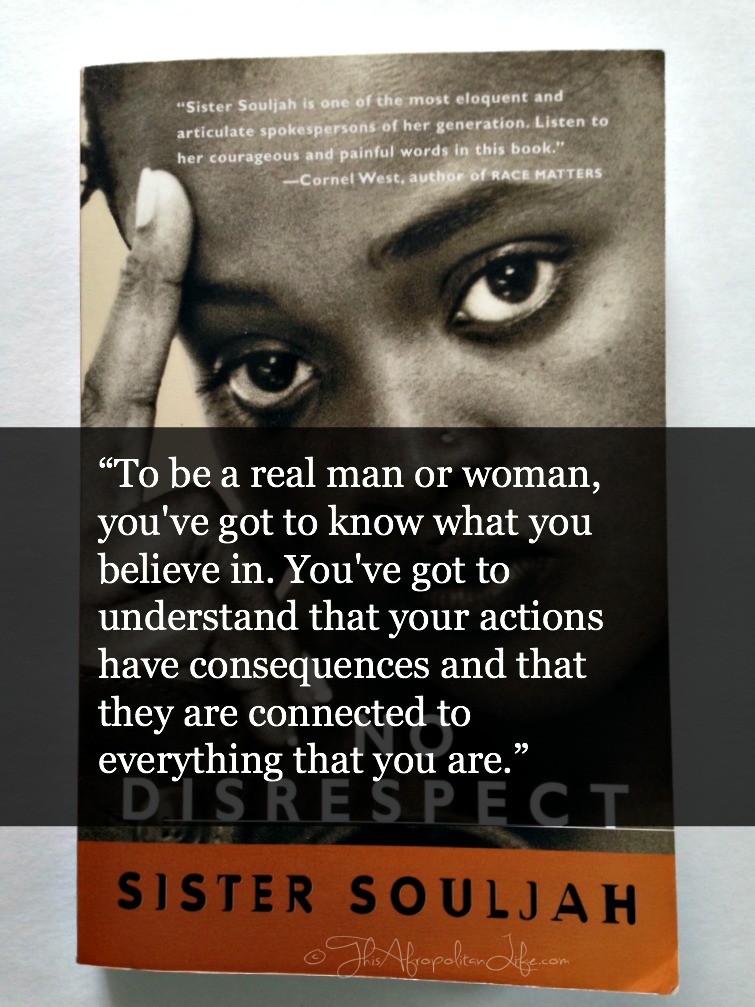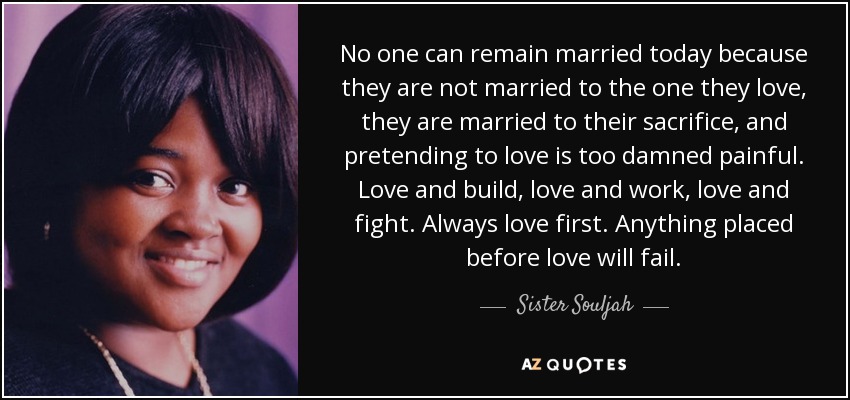

“A Hip Hop, Afro-Feminist Aesthetic of Love: Sister Souljah’s The Coldest Winter Ever”. “The State of Rap: Time and Place in Hip Hop Nationalism”. (accessed 8 March 2017).ĭecker, Jeffrey Louis.

“Slave Narratives and the Rhetoric of Author Portraiture”. “A Novel Approach: Using Fiction by African American Women to Teach Black Women’s History”. (accessed 8 March 2017).īunch-Lyons, Beverly A. (accessed 8 March 2017).īradford, Sarah H. “From the Ride’n’Tie to Ryde-or-Die: A Pedagogy of Survival in Black Youth Popular Cultural Forms”. Alim, Awad Ibrahim and Alastair Pennycook, 213–30. In Global Linguistic Flows: Hip Hop Cultures, Youth Identities, and the Politics of Language, edited by Samy H. “Creating ‘An Empire Within an Empire’: Critical Hip Hop Language Pedagogies and the Role of Sociolinguistics”. In tracing Sister Souljah’s oeuvre to the beginnings of African American women’s literature in the eighteenth and nineteenth centuries, it is the aim of the article to contribute a new perspective to the origins of hip hop culture and activism beyond the twentieth and twenty-first centuries.Īlgeo, John and Adele Algeo. I join Reiland Rabaka and others in moving forward the field of hip hop studies by establishing more cultural, literary and visual continuities between late twentieth-century hip hop culture and earlier literary forms of Afro-diasporic expression, such as poetry and autobiography. The autobiography is located in the larger context of what Paul Gilroy has called the Black Atlantic by situating it not only in American, but also in African cultural traditions. No Disrespect re-writes earlier traditions of black women’s writing, visual culture and social activism in order to educate a younger generation on the ongoing need to promote racial justice. Yet critics tend to overlook the autobiography’s strong emphasis on activism, especially how it is embedded in larger Afro-diasporic female literary traditions. Published in 1994, her autobiography No Disrespect narrates the artist’s rise from poverty to become one of the most prolific writers, educators and activists in the 1990s.

Sister Souljah is arguably one of the most important female “raptivists” in the United States. Hip Hop Studies, autobiography, black feminism, activism, Sister Souljah, United States Abstract


 0 kommentar(er)
0 kommentar(er)
